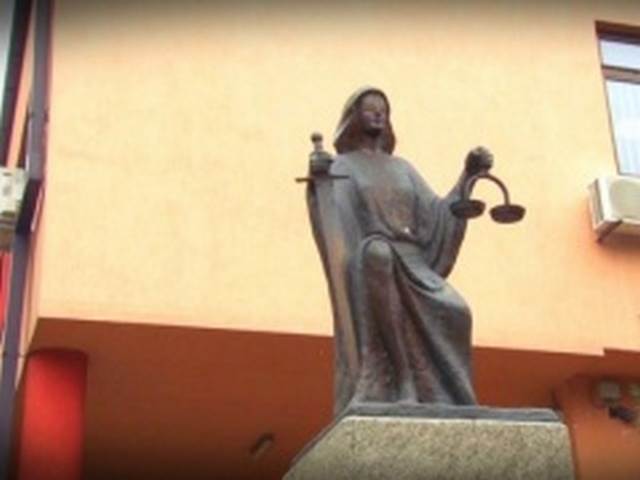The Chief State Prosecutor of Bosnia talks about the shortage of prosecutors, plea bargains, the lack of evidence - and the success of the National Strategy for Prosecuting War Crimes.
Long-expected state-level facility meets highest European standards - but with only 300 places it wont entirely ease the problem of crowded jails, Bosnias deputy justice minister warns.
Tribunal president says court exit strategy would not affect trials of outstanding fugitives, praises Bosnias war-crimes court and insists victims should receive compensation.
Over the past four and a half years of its work, the Prosecution of Bosnia and Herzegovina has indicted 160 people for war crimes and organized crime. In his interview...
Storm is a political thriller about the work of the ICTY. Its director, Hans Christian Schmid, talks to BIRNs Justice Report about the research for the movie, the message in...
Andrej Nosov tells Aida Alic about the Days of Sarajevo festival in Belgrade, Serbias attitude towards its past and the crucial role artists can play in reconciliation.
Sir Geoffrey Nice, lead prosecutor of Slobodan Milosevic, applauds Bosnias new war crimes court, compares the Milosevic and Karadzic cases and is mystified by the Florence Hartmanns indictment.
In an interview with Justice Report, Barisa Colak reveals plans for further rule of law reforms and war crimes trials strategy.
Bosnia and Herzegovina's sixth High Representative tells Justice Report journalist that the main challenges facing the country including police reform, constitutional changes and efforts to confront the past ...
The High Representative tells Justice Report about an international team of investigators who will soon arrive in BiH.
War crimes chamber chief says closed trials are unacceptable, following protests over decision to hold Foca rape cases in private. For Justice Report he talks about political pressure, international community...

